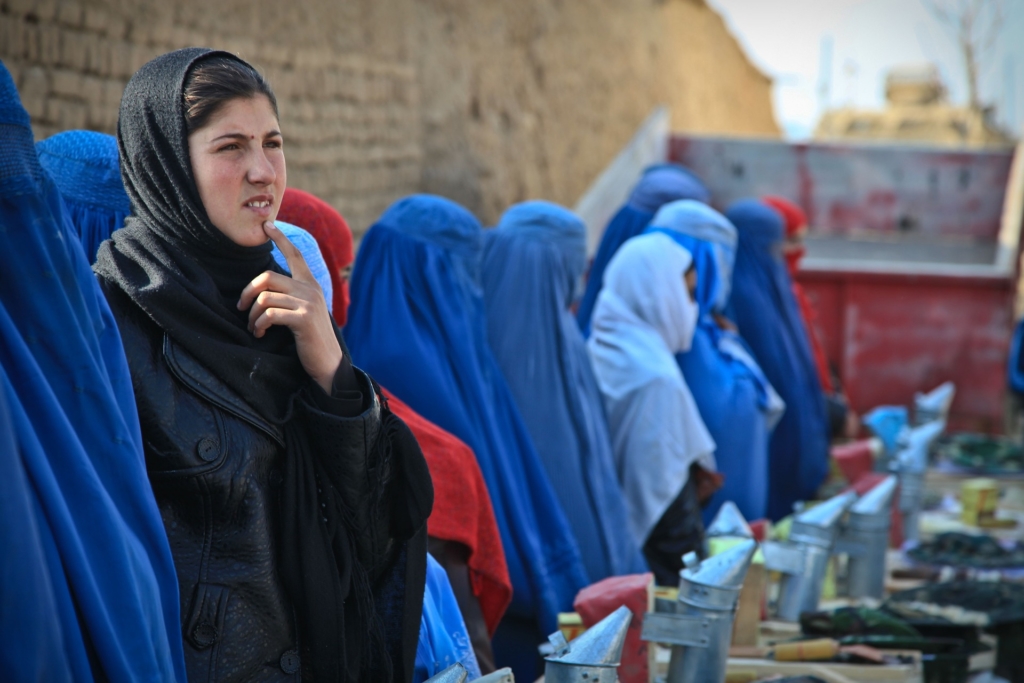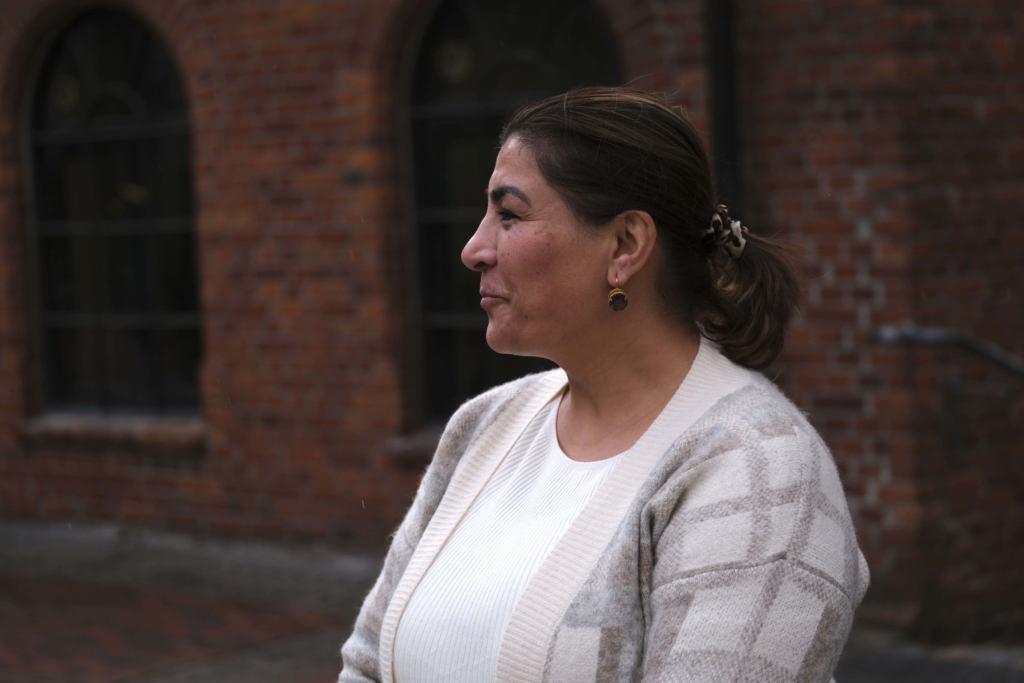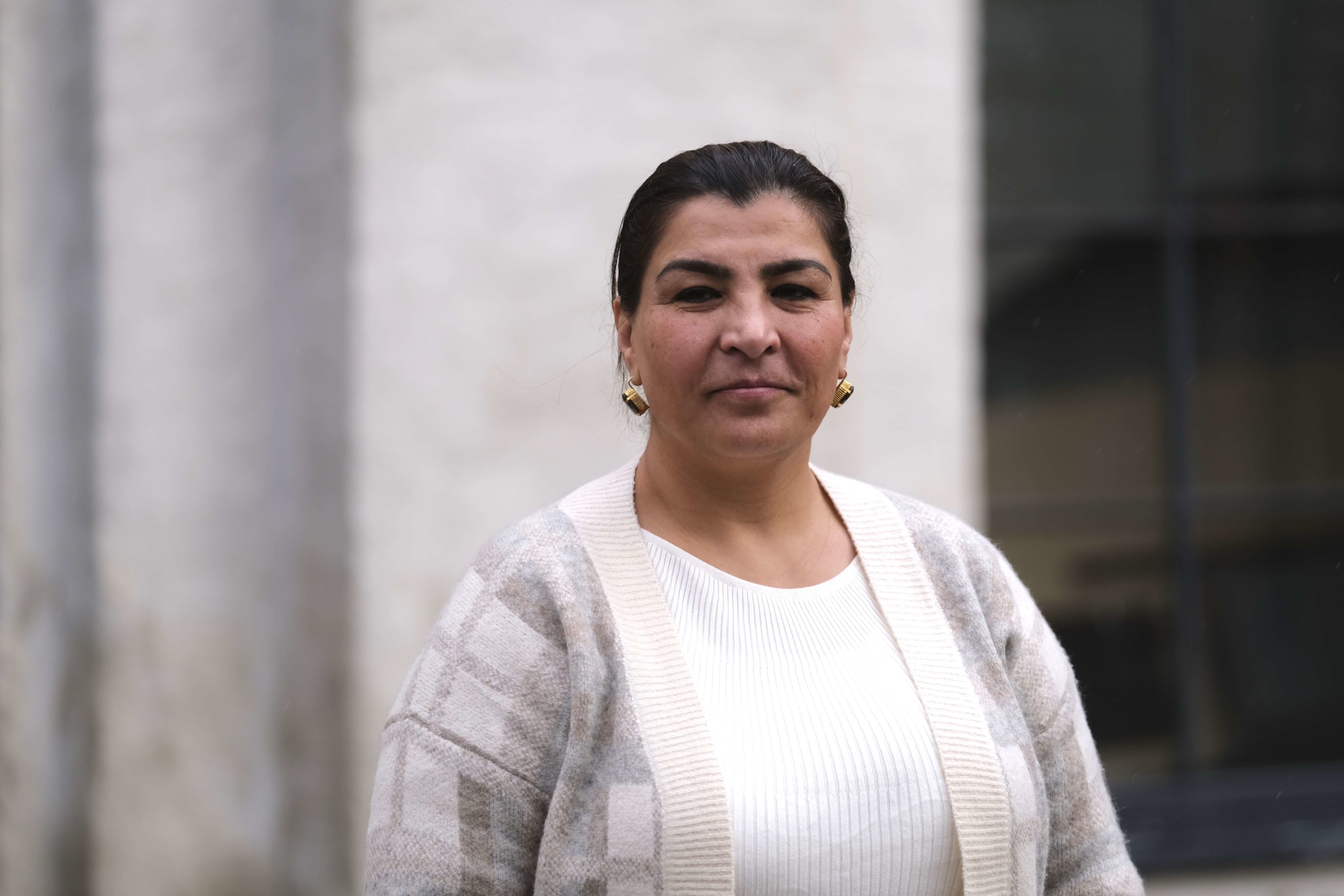As in many other oppressive countries, women in Afghanistan have been extensively discriminated through history. Women’s rights issue is also vulnerable to the interpretation of Islam and the transformation of political power in the country. Throughout the changing political landscape in the last fifty years, different groups have exploited women’s rights for political gain.
Horia Mosadiq was a young girl when the Soviet invaded the country in 1979. Now she is a human rights activist with long experience working with rights issues, peace, justice, gender and violence. During the Afghanistan week 2022, Mosadiq was invited to participate in several discussions. She remembers times when the state was committed to women’s rights in Afghanistan.
– I remember my mother wearing miniskirts and taking us to the cinema. My aunts went to University in Kabul, but the Soviet invasion changed everything.
Before the 1979 invasion
When we think about women in Afghanistan, most people probably recall pictures of women in burqa or the famous National Geographic photograph of “the Afghan girl” Sharbat Gul. However, the image of Afghan women contains a lot more.
The progression of women’s rights in Afghanistan dates to the late 19th century under the rule of king Abdul Rahman Khan. His wife, Bobo Jan, dressed without a veil, represented her husband in reconciliation processes after feuds between tribal leaders. Among few women, she also used to ride horses and trained her maidservants in military exercises.

Later, in the 1920s under the rule of Amanullah Khan who was known as the “reformer king”, Afghan girls went to school, and women were granted freedom of choice in marriage. Moving forward to the late 50s, women where also enrolled at the university.
In 1973 the incumbent king was removed by his own cousin, Daoud Khan. Khan was also committed to women’s rights and introduced reforms for women’s emancipation. When the Soviets invaded Afghanistan a few years later, the communists were repressive, but still promoted women’s rights.
When the communist government fell and mujahideen factions (“guerilla warriors”) turned on each other, women’s freedom was the first victim of war. Women’s rights started its downward spiral due to war, poverty, and migration.
Women’s rights under Taliban
In 1994, when the Taliban emerged. They imposed the “gender apartheid”, closed schools for girls’ school and demanded women to stay at home unless accompanied by a male relative. They imprisoned, tortured, and executed women in the name of “moral crimes”.
These memories are still fresh for the generation born before the 2001-invasion in Afghanistan. When Kabul fell for the second time to Taliban in August 2021, it brought horror and shock to many, including Horia Mosadiq.
Although Mosadiq was in London at that time, she had already sensed the situation worsening. On that day, she made many phone calls to ensure that her remaining family in Kabul were safe. She describes the fall as a “chaos for all Afghans, inside and outside Afghanistan”.
– The Chaos started when President Ghani left the country. It was mass panic. Many scared women called me while they where crying.
After the fall, Taliban gradually imposed new versions of the same “gender apartheid”. The regime banned girls from secondary school, and women are once again forbidden from working in most sectors, except in health and education. The Taliban dictated what women must wear, and women are not allowed to play sports or go to parks and public baths.
Feeling of betrayal
While Afghanistan has always been a patriarchal society, women made significant progress and participated in all social spheres during the post-2001 era. At least in the major cities.
They were active in health services, politics, social work, education and in the economic sector. The generation after 2001 have no memory of the Taliban government policy before the turnover of power last year. However, gender discrimination has always been present in the society.
Seeing again the Taliban imposing the disreputable “gender apartheid” has also made many of these women questioning the international community’s commitment. According to Mosadiq, many Afghan women feel betrayed by the international community.
– As someone working within the international community, I would say that the experience was bitter. They were not honest and did not have the guts to tell us the truth and kept lying to the Afghan people. They did not even believe in their own promises.
She reckons that the international community did not consider any inputs from Afghan women and compromised on their rights during the peace talks with Taliban in 2019

What can be done?
Women in Afghanistan, from the elite to the grassroot, are demanding the same fundamental human rights. For the first time in the history, they stand together as a united movement. This is a dim ray of hope for many Afghans.
Mosadiq points out that it is essential to have a broad movement from grassroot activists to the elite, but when the rulers do not listen and suppress their fundamental rights, they are restrained from making changes. However, women with the access to better platforms can take a role to amplify their voices.
– Women in Afghanistan are demanding something quite simple. They are not asking for so-called western moral values, but fundamental human rights. Women living in diaspora can be their voice.
Mosadiq also addressed the UN during a seminar on women’s rights in March this year. She asked the international community for actions, not words. She places her hope in the new generation and the women of Afghanistan, which she advocates for as a human rights defender and activist. She believes that the women have shown extreme courage, and she hopes that they might change the country.
Mosadiq reminds the international community to remember that Afghanistan belongs to the people, not the Taliban.
– The world shall not forget the Afghan people, especially not the women.
Written by Hasina Shirzad.

